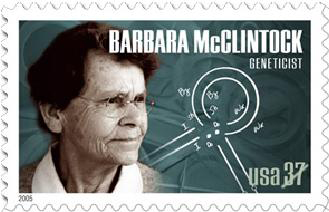Isolated human genes may not be patented, the Supreme Court ruled unanimously on Thursday (June 13, 2013). The case concerned patents held by Myriad Genetics, a Utah company, on genes that correlate with increased risk of hereditary breast and ovarian cancer. The patents were challenged by scientists and doctors who said their research and ability to help patients had been frustrated. The particular genes at issue received public attention after the actress Angelina Jolie revealed in May that she had had a preventive double mastectomy after learning that she had inherited a faulty copy of a gene that put her at high risk for breast cancer. The price of the test, often more than $3,000, was partly a product of Myriad’s patent, putting it out of reach for some women. The company filed patent infringement suits against others who conducted testing based on the gene. The price of the test is expected to fall because of Thursday’s decision.
The central question for the justices in the case, Association for Molecular Pathology v. Myriad Genetics, No. 12-398, was whether isolated genes are “products of nature” that may not be patented or “human-made inventions” eligible for patent protection.
¶ Myriad’s discovery of the precise location and sequence of the genes at issue, BRCA1 and BRCA2, did not qualify, Justice Clarence Thomas wrote for the court. “A naturally occurring DNA segment is a product of nature and not patent eligible merely because it has been isolated,” he said. “It is undisputed that Myriad did not create or alter any of the genetic information encoded in the BRCA1 and BRCA2 genes.”
¶ “Groundbreaking, innovative or even brilliant discovery does not by itself satisfy the criteria” for patent eligibility, he said.
¶ But manipulating a gene to create something not found in nature, Justice Thomas added, is an invention eligible for patent protection. He also left the door open for other ways for companies to profit from their research.
Source: The New York Times, June 13, 2013
http://www.nytimes.com/2013/06/14/us/supreme-court-rules-human-genes-ma…[]

- Log in to post comments
